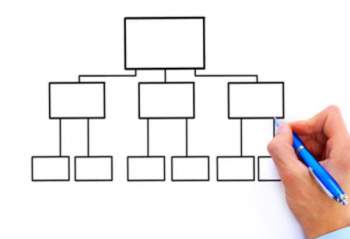
Tips for Great Business Development

Business development is a specialized field of commerce. It is comprised of a variety of techniques and responsibilities. The objective of business and development models is to attract new customers, to penetrate new markets, and further develop existing markets.
Some of the techniques employed in business development include:
Assessing opportunities for marketing;
Analyzing target markets;
Gathering intelligence on competitors;
Obtaining information about customers;
Generating leads for sales;
Advising, drafting and enforcing sales policies;
Consulting on, developing, and enacting sales processes;
Following up on sales;
The formal proposing and presenting of management and writing;
Rehearsing pitches and presentations;
Designing business models;
Account planning;
Performance monitoring;
Developing proposals; and
Developing campaigns.
Business and development models can involve evaluating the prospects of a business client and then using tools such as marketing data, managing information, and high standards of customer service in order to allow business development to reach its full potential.
Business development should be the concern of every employee of a company, although in larger businesses specific departments may develop which take one, part, or all of the business development objectives listed above as their domain in order to allow the company to operate more closely to peak effectiveness.
Ineffective and inefficient business development can lead to a lack of new sales in a company's pipeline. Small companies which do not make business development a priority often experience inconsistent or even negative business growth.



















